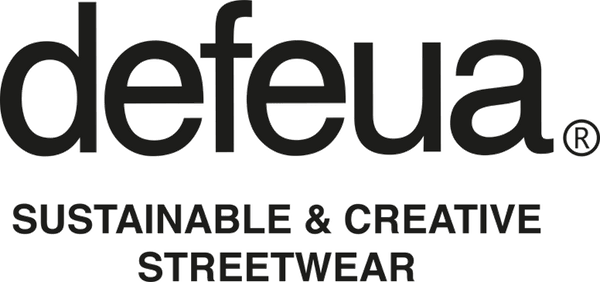
Organic cotton or standard cotton?
Luca BensiAren't they both natural fibers?
There are some substantial differences.
Nature or chemistry?
Organic (or organic) cotton differs from the classic standard cotton that we find on the market because it is grown following the rules of organic farming.
This type of agriculture does not involve the use of chemical substances(pesticides, herbicides, etc.), which are instead used massively for the intensive cultivation of standard cotton and are extremely harmful to the environment and to the farmers themselves who work in the fields.
The substances used in the production of traditional cotton have a negative impact even when we wear it.
In fact, these substances remain in the fabric, becoming potentially dangerous both for our skin (when we put it on) and for the environment as they are released into the water during washing.
Organic cotton, on the other hand, is treated naturally both during the cultivation and harvesting phases, and is free of these dangerous substances.

Question of ethics
The benefit of organic cotton doesn't stop with the planet or our skin.
Organic agriculture also has a more ethical and human-scale socialimpact , because by following the principles of "natural" cultivation two key principles of the world of work are also respected: health and equity.
How to recognize organic cotton?
To the naked eye you could make it if your name is Superman.
But in all other cases you have these solutions:
- read the label of the t-shirt or item you want to purchase
- ask the brand for information or look for it on their site
- check the certifications
Certifications are one of the main keys to having extra reassurance.
The organic cotton we use, for example, is GOTS ( Global Organic Textile Standard) and OEKO-TEX Standard 100 certified.
They are among the most important and complete independent certifications at an international level as they verify that the fiber is truly organic and that the entire supply chain respects certain environmental and social standards.
Non-profit organizations such as the FAIR WEAR Foundation are equally essential, ensuring that workers are respected.
The major cotton producers are Africa, Asia and America,territories where controls are often not a healthy habit.
Knowing that the garment you are wearing comes from controlled supply chains is an additional strength in making a conscious and responsible choice when purchasing from one brand rather than another.
Remember not to be ashamed to ask brands or stores questions for clarification.
If they have nothing to hide they will be happy to answer all your questions.
In the era of "Green Washing" the border between a truly sustainable approach and marketing that aims for profit is very thin and it is always better to keep ten eyes open.

Advantages and disadvantages
Choosing clothes made from organic cotton has several positive aspects and some (few) negative sides.
I'll try to summarize them in a table:
| ADVANTAGES |
| No chemicals are used |
| It is healthier for the skin |
| Comes from non-genetically modified seeds (no GMO) |
| It is not harmful to farmers' health |
| It consumes 91% less water during cultivation than traditional cotton |
| Emissions of harmful gases into the environment are reduced by 46% |
| Respects the land more (be cultivated under agricultural rotation) |
| It has a higher quality than standard cotton, also being more pleasant and soft (although this also depends on the workmanship) |
| It is biodegradable (printed fabrics, however, have a slower biodegradation time) |
A nice list of positives.
Let's now come to the less positive ones.
| DISADVANTAGES |
| It is more expensive to produce (and therefore will be more expensive for the end customer) |
| Requires greater care of the fabric (not being chemically treated it is more delicate) |
Intensive and large-scale organic cotton production would risk being unsustainable in any case |
Now that you have a lot of information, go and look at our 100% certified organic cotton garments. You can find them by clicking HERE


